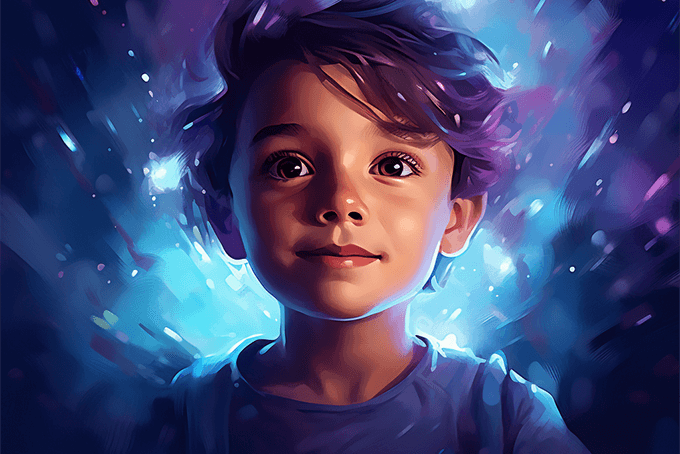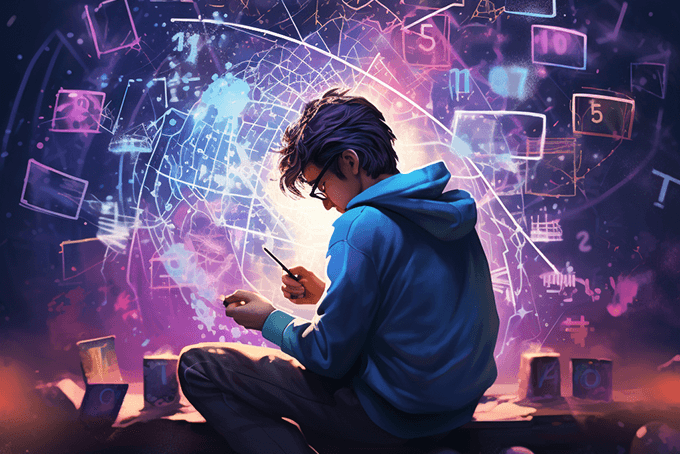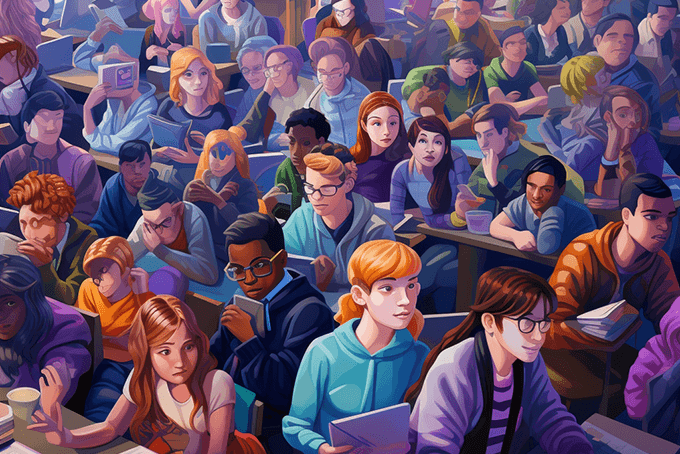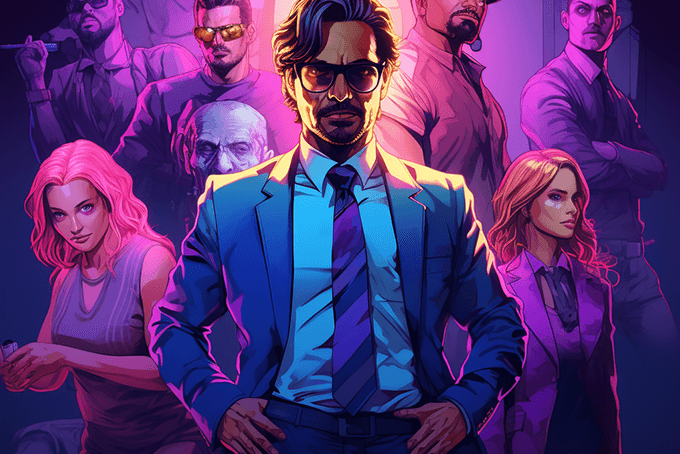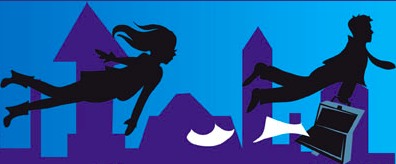
My high school history teacher was convinced that Disney was the cause of human ignorance. Every day that I strolled into class wearing a Mickey Mouse t-shirt (quite often) he’d wince and go on a tirade about how historically inaccurate Disney movies are. I’d often respond that the purpose of Disney movies was not to educate but to entertain and provide important moral lessons that inspire children to chase their dreams and be generally nice people. He remained unimpressed with the argument. Then, one day, he brought up Pocahontas.
“Sorry to burst your bubble,” he said, “But there was no romance between John Smith and Pocahontas–”
“—I know.” I said. “She was only thirteen and she intervened in his execution because she didn’t like the violence between her people and the white settlers. She actually married a guy named John Rolfe in England and was an important diplomatic representative for Native Americans.”
He commented that, even if I watched Disney movies, he was glad to see I paid attention in history class. I laughed. I was a teenager, of course I didn’t pay attention in history class! I’m sure I learned about Pocahontas at some point in my schooling, but that’s not why I remembered her. I remembered her because when I was six years old I was obsessed with Disney’s newest movie, Pocahontas. I loved it: the music, the mischievous raccoon, the talking willow tree! So when I found a children’s book at Borders (rest in peace) entitled Pocahontas, I had to have it. However, this was not Disney’s version of the Pocahontas story; it was the factual historical account. That didn’t stop me from reading it multiple times and absorbing every word.
So, yes, I know the real story of Pocahontas because I happened to pick up the historical picture book instead of Disney’s Little Golden Book rehash of the movie. That was sort of a happy accident. But I wouldn’t have even heard of Pocahontas if not for Disney, and I certainly wouldn’t have picked up that book. Disney opened the door for me.
A Parent’s Push
This is where the parents come in. I was lucky to stumble upon this book, but in general kids won’t seek out the historical or factual information for themselves. Parents, however, can provide the gentle nudge for their children to learn more about the historical or literary roots of their favorite movie (although you probably shouldn’t phrase it like that to them). Have a daughter who is obsessed with Mulan? Talk about ancient Chinese culture and explain to your child who the Huns really were. Your son shows an interest in Hercules? Try reading him some mythology! Maybe your kids really liked Treasure Planet (for some reason) and you can introduce them to the wonderful world of Robert Louis Stevenson.
Beyond historical inaccuracies, Disney walks some other tetchy lines. Some of their older movies have elements of racism (for example the Indians in Peter Pan and the Siamese Cats in Lady and the Tramp) and the princesses are, at times, debatable as role models. This could be another argument to censor Disney, of course. But kids will always find a way to watch what they want. I feel this is another way to start a discussion with your child about challenges they may have to face in the future in regards to issues such as self image and tolerance.
In any case, my teacher, unfortunately, didn’t concede the point. He said I was a different case, someone who was naturally interested in history and literature. But I give partial credit for that to Disney, who, at a very young age, taught me about the power of a really well told story. So talk to your kids about the movies and television shows they like! You never know what kind of doors it could open.
